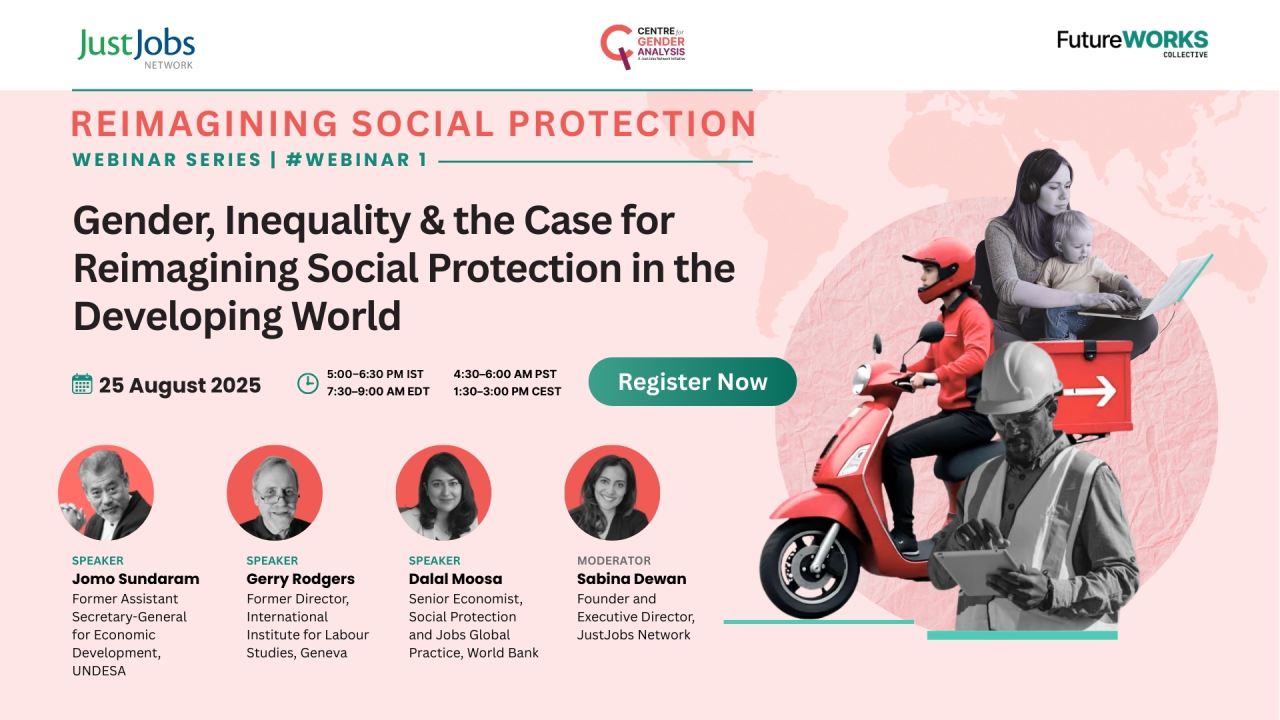A few years ago, when I was in Cape Town, South Africa, I quickly learned that Uber rides were the best way to navigate the city. They seemed relatively affordable, quick, comfortable, reliable, and safe. But I was a little conflicted about my choice, being well-aware of the long list of scandals surrounding the company and I was reluctant to endorse it in any way. Bearing this in mind, I asked the Uber drivers about their experience working for the company, fully prepared to hear accounts of injustice and exploitation.
To my surprise, the stories the drivers told defied my expectations. Most of them came from Zimbabwe, a much poorer neighbouring country. In 2018, the year of my visit, Zimbabwe’s GDP per capita was 1306 USD while South Africa’s was 7434 USD. Zimbabwe had endured a series of severe droughts as well as floods; it had also suffered considerably under Robert Mugabe. Once praised for liberating the country from colonialism, the leader was later blamed for driving Zimbabwe into “hyperinflation, isolation, and political chaos.”
Learning where these Uber drivers came from made me realize how privileged I was for being able to travel to the other side of the world to take a comfortable ride with them. I also began to understand that the perspective of the distanced critic (taken from the countless articles and reports criticizing Uber) does not fully represent how their drivers feel. As Payal Arora has pointed out, such critical takes “do not account for the tremendous optimism expressed by the vast millions of people coming online for the first time in the Global South.” Arguably, the average Uber driver is more concerned with making a living, and less about the politics surrounding this company. For them, Uber is the best choice from a short list of available options. Yet, the discrepancy between the stories I read and those the Cape Town Uber drivers told me, made me wonder: Why was I so overprepared to confront Uber’s exploitative practices and so underprepared for these drivers’ optimism?
From techno-optimism to techno-pessimism
During the nascent years of the internet, many scholars and other observers painted a fairly bright picture of our future. There was a widespread expectation that the internet will have inclusive and democratizing effects on society, a hope for a newfound independence from the gatekeepers who controlled information flows. While this sentiment still circulates among a few techno-enthusiasts, the predominant narrative has completely flipped. Just take a glimpse at these popular recent book titles:

The list goes on. Readers with an appetite for doomsday literature have a lot to chew on. It seems like the internet is no longer a driver for progress but for oppression and inequality. Even some key figures who helped building the big platforms have joined the critique. A recent example is the Netflix documentary “The Social Dilemma”, which is full of accounts from regretful developers.
Trapped in the negativity loop
It is hard to argue with these critical perspectives. Such books and films are full of examples and quite well-researched. However, there is another side to the story that doesn’t get heard as much – the optimism emerging from the vast underprivileged populations due to these digital alternatives. More importantly, I am concerned that the sheer dominance of dystopian narratives may actually negate what actually works for these people, throwing the baby with the bathwater.
It is not easy to introduce examples of hope that go against the current mainstream barrage of negativity. Anyone who attempts this, becomes a suspect of whitewashing the addressed problems. Not without grounds. Silicon Valley spends hundreds of millions on lobbying to brighten its image. Moreover, the most powerful and privileged benefit from the existing inequalities and have little desire to change them.
Nevertheless, key stakeholders who shape the debates – journalists, activists, academics – have few incentives for taking positive perspectives, while there is significant peer pressure to join the paradigm of pessimism. These groups are critical by default. From their perspective, it is much easier to add to the overwhelmingly negative narrative, while any optimism makes them suspicious of being naïve at best and complicit at worst.
This incentive structure results in a negativity loop: Negative stories produce negative stories. While I am deeply sympathetic about the contemporary critical takes on issues like tech monopolization, digital surveillance and algorithmic black-boxing, it is essential to balance this against the user perspective, especially those who have few choices to begin with. In their worlds, with limited options, digital platforms can be genuinely liberating in spite of their oppressive tactics. My concern is that the negativity loop may blind us from even seeing any hope, the essential raw material for progress.
Uber’s gender gap – to bridge or not to bridge
To illustrate what I mean, let’s take a close look at my initial example of Uber in South Africa. There are many aspects one could criticize about the company’s engagement there. An obvious one is the shocking gender gap: In 2017, only 3.8 % of the Uber drivers were female (IFC 2018, p. 24). There are many reasons for this discrepancy – from cultural stereotypes that render women unfit for driving to real safety concerns. Not only are Uber drivers in South Africa exposed to the country’s notoriously high rate of violent crime, they were also subject to brutal attacks from meter taxi drivers who felt that they created unfair competition.
In 2015, aware of the striking gender gap between professional drivers (not only in South Africa), UN Women and Uber planned to launch a campaign with the ambitious goal to create one million jobs for female drivers within five years. The cooperation did not last long. The International Transport Federation published an open letter arguing “[w]omen already make up a high percentage of the precarious workforce, and increasing informal, piecemeal work contributes significantly to women’s economic dis-empowerment and marginalization across the globe”. Shortly after, UN Women cancelled the partnership.
Certainly, a cooperation with such a controversial partner leaves an organization like UN Women vulnerable to criticism. However, the swift cancelation strikes me as somewhat defeatist. Whatever problems there were, shouldn´t the aim be to solve them together especially given that companies like Uber provide employment to many in these contexts, due to their low barrier of entry?
One of the few voices who dared to argue in this direction was Charles Kenny. In an article for the Center for Global Development he argued:
“Doubtless the positions would appeal to few women who were already in full-time stable jobs with heath care, guaranteed pay and other benefits. But, of course, the vast majority of women working in the developing world aren’t in such jobs. Many are engaged in far less lucrative and less safe activities than driving a cab. So perhaps some of them would feel economically empowered by the new jobs on offer. At the very least it might be worth finding out rather than assuming the opposite on their behalf.”
(Charles Kenny, CGD)
Can Uber be empowering?
Five years later, Uber still holds its controversial status. What also continues is the tendency among some critics to refuse to acknowledge the legitimacy and realities of empowerment Uber drivers may share. A case in point is the interpretation of interviews with numerous drivers in South Africa by Andrea Pollio, a geographer at the Future Urban Legacy Lab. Many of them were enthusiastic about their experience, similar to the ones I spoke to. For example, two of his interviewees stated this:
“the great thing is you don’t have specific working hours. You can work whenever you want, I can go offline if I’m busy. It’s a great business innovation, it allows me to work when I can. True, Uber tells you when there are more people on the streets and less cars, they recommend a timetable, but you are free to comply or not (…).”
“I think this is a much better life that I have. I just wait, and a client will eventually come. I don’t drive around, and that allows me not to waste fuel, and so I don’t need clients desperately because I’ve wasted fuel … I just wait, and that’s the best thing, the satellite will eventually send a client (…).”
(ibid.)
Pollio explains that this “self-empowerment” through Uber is just a “tale” (Pollio 2019, p. 766) and implies that such statements are merely “echoing the language” of a promotional video the company had released. This ‘correction’ of the optimism emerging from the lived realities of these drivers speaks to a long standing development practice of making subjects fit the script.
As much as tech companies like Uber try to overemphasize their emancipatory power (which they clearly do), we see an equal and opposite force of critical observers downplaying the positive impacts these digital platforms may have at the ground level. One reason Pollio gives for his dismissal of the drivers’ optimism is that many of them were forced to rent cars, which leads him to conclude:
“Despite the empowerment rhetoric, or the fact that drivers described themselves as entrepreneurs, they did not own idle capital, but accessed ridesharing through a mediating technology of subordination.”
As precarious as such arrangements may be, they are not a contradiction to empowerment. Take the story of Tsungi Pamela Kujinga, a woman from Zimbabwe, desperate to make a living in Cape Town while providing for her two children. Since her car did not meet Uber’s minimum standards, she was forced to work for a commission under another driver. While this practice could be judged as exploitative, one needs to also acknowledge that it eventually helped her to buy her own car and create her own business.
She is not alone. 90 % of the few female Uber drivers in South Africa stated that “working with Uber allowed them to purchase products or services they hadn’t been able to afford before.” Moreover, these drivers noted that Uber’s GPS tracking makes them feel safer. Indeed, Charles Kenny pointed out the increased safety Uber drivers enjoy:
“Compared to a traditional taxi system where drivers pick up at random and passengers can pay in cash, Uber at least ensures that every driver (and the company) knows who is taking and paying for the trip – it is recorded as part of the transaction on the application.”
(Charles Kenny, CGD)
As obvious as this may seem, the now popular critical focus on “surveillance capitalism” will likely miss such promising opportunities of tracking technology.
Embracing experiences of empowerment
Let me be clear: I have no doubt that there is a lot wrong with Uber and other digital platforms as they build market concentration and dominance, and we should demand change in these arenas. It is equally obvious that nobody should be forced to work under precarious conditions. However, it is just as clear that for people like Ms. Kujinga, Uber provides an opportunity to improve their situation and gain independence. Beyond individual perspectives, the gig economy might also have side-effects that are particularly beneficial for the Global South, for instance, an increased formalization of its vast informal labour market.
We need to break out of the negativity loop. We should seek to shape our future technologies by taking into account the full spectrum of user experiences, especially in the all too often marginalized Global South. Let us not downplay or negate experiences of empowerment because it doesn’t fit the narrative of oppression. Rather, we should aim at discovering and strengthening the agency of the marginalized and attend just as much to what works and what to keep, while we continue to push for change. In Ms. Kujinga’s words:
“As women, let’s take the opportunities we have and make a better life for tomorrow’s female generation. Let’s pave the way!”
(Tsungi Pamela Kujing, Wow Woman)
——-




